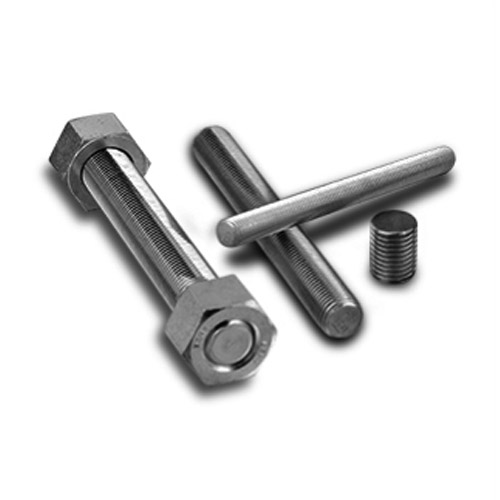Understanding Auto Brake Lines and Their Importance in Vehicle Safety
Dec . 14, 2024 11:18 Back to list
Understanding Auto Brake Lines and Their Importance in Vehicle Safety
Understanding the Importance of Auto Brake Lines
Auto brake lines are a crucial component of any vehicle's braking system. They play an essential role in ensuring the safety and performance of your vehicle. In this article, we will delve into what brake lines are, their types, their importance, and the maintenance required to keep them in optimal condition.
What are Brake Lines?
Brake lines are tubes or hoses that carry brake fluid from the master cylinder to the brake calipers or wheel cylinders. When you press the brake pedal, the master cylinder generates pressure in the brake fluid. This pressure travels through the brake lines, activating the brakes at the wheels. Essentially, brake lines are the lifelines of your vehicle’s braking system, translating your actions at the pedal into braking force at the wheels.
Types of Brake Lines
There are two primary types of brake lines metal lines and rubber hoses.
1. Metal Brake Lines These are usually made of steel or copper, providing durability and resistance to damage. Metal lines are commonly utilized in the hard lines of a vehicle's braking system, typically running from the master cylinder to the wheels. They are less prone to expansion under pressure, allowing for consistent braking performance.
2. Rubber Brake Hoses These are more flexible than metal lines and are often used in the areas where movement occurs, such as at the wheels. Rubber hoses can expand slightly under pressure, which can provide a better feel during braking. However, they are generally more susceptible to wear and tear from heat, moisture, and road chemicals.
Why Are Brake Lines Important?
The importance of brake lines cannot be overstated. Brake lines are responsible for the entire braking mechanism, and any malfunction in this system can lead to disastrous consequences. Here are several reasons why brake lines are critical
1. Safety Faulty brake lines can compromise your ability to stop the vehicle, increasing the risk of accidents. Regular maintenance and inspections of brake lines are essential to ensure that they are functioning correctly.
2. Performance The responsiveness of your brakes depends on the condition of your brake lines. Smooth and efficient operation relies on these components being intact and free from leaks.
3. Cost-Effective Regularly maintaining brake lines can help avoid more significant issues. If a brake line rupture occurs, it can lead to costly repairs not only of the brake line but also of other damaged components.
auto brake line

Signs of Brake Line Issues
It's essential for drivers to be aware of the signs that may indicate problems with brake lines
. Here are some symptoms that could point to issues1. Spongy Brakes If you notice that your brake pedal feels spongy or sinks to the floor, it may indicate air trapped in the brake lines or a brake fluid leak.
2. Brake Fluid Leaks Spotting fluid puddles under your vehicle can be a sign of a damaged brake line. Brake fluid is typically clear to yellow and has a slightly oily texture.
3. Warning Lights Some vehicles have warning lights that can indicate brake issues. It's crucial to pay attention to these signals and have your vehicle inspected if the light comes on.
4. Unresponsive Brakes If your brakes feel unresponsive or require excessive pressure to engage, it could be due to air in the lines or fluid leaks.
Maintenance of Brake Lines
To ensure the longevity and performance of brake lines, regular maintenance is critical. Here are some tips for maintaining brake lines
1. Routine Inspections Have your brake lines checked for signs of wear, corrosion, or leaks during regular vehicle maintenance.
2. Fluid Checks Regularly check the brake fluid levels and look for any contamination. Old or dirty fluid can affect braking performance.
3. Replacement If a brake line or hose is found to be damaged, it should be replaced immediately by a professional to ensure safety.
Conclusion
Auto brake lines are vital to the performance and safety of your vehicle. Understanding their function, signs of issues, and the importance of regular maintenance can help you keep your vehicle safe on the road. Remember, when it comes to brakes, it’s always better to be proactive than reactive. Investing time in brake line upkeep can save you money and, more importantly, ensure your safety and that of others on the road.
